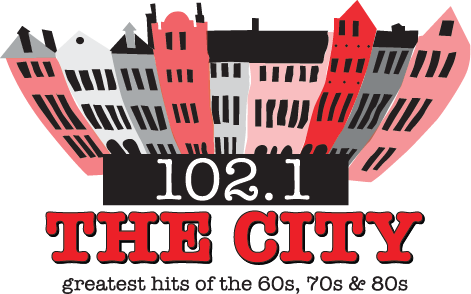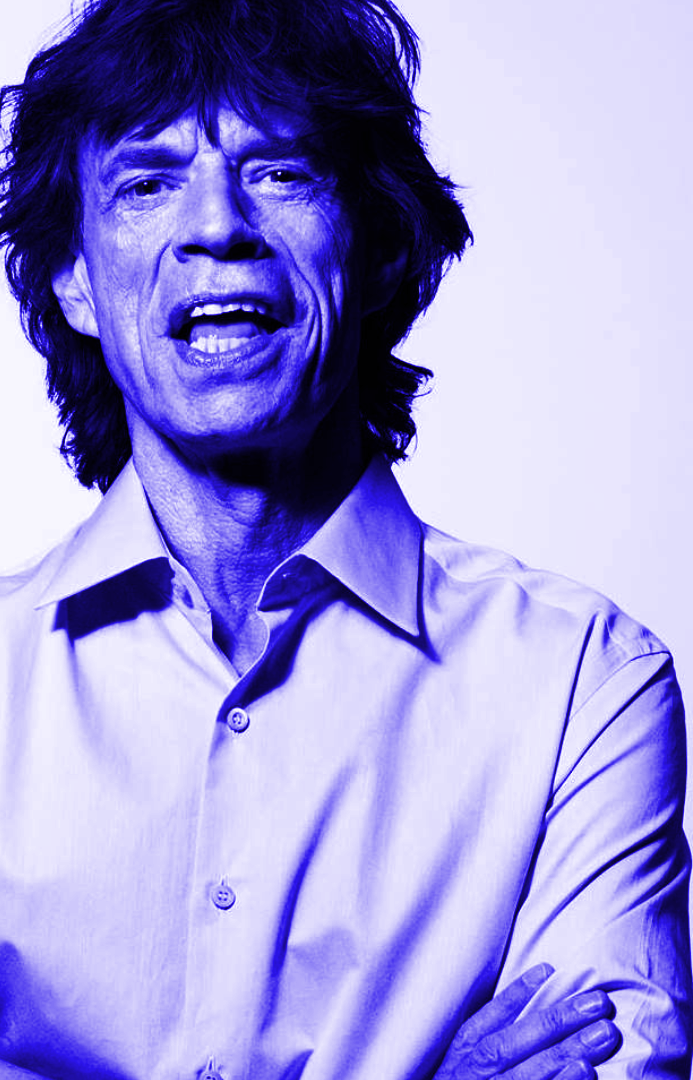RFK Jr. suspends campaign, throws support behind Trump
Independent presidential candidate Robert F. Kennedy Jr. said Friday he was suspending his campaign and throwing his support to former President Trump.
Kennedy said his name would remain on the ballot in most red and blue states but would be removed from swing-state ballots where he could make a difference.
In Pennsylvania, court records showed Kennedy making the move to remove his name and his intended backing of Trump just before he took to a podium. Earlier Friday, Kennedy moved to remove his name from Arizona’s ballot.
In a lengthy press conference announcing his decision, Kennedy spent most of his time ripping the Democratic Party and the media, arguing his campaign was unable to get a fair shake.
But Kennedy insisted this wasn’t the end of his campaign entirely, despite the support for Trump and the removal of his name from the ballot in states key to securing a win in November.
“I want everyone to know that I am not terminating my campaign,” Kennedy said at his rally. “I am simply suspending it and not ending it. My name will remain on the ballot in most states.”
The Hill was the first to report ahead of Kennedy’s Arizona appearance that he would suspend his campaign in key swing states but not drop out completely.
Just before Kennedy spoke in Arizona, court filings surfaced showing Kennedy’s attorney asking a judge to dismiss Kennedy and Nicole Shanahan’s nomination papers so they would not appear on Pennsylvania’s general election ballot, citing their endorsement of Trump for president.
The Hill requested comment from Kennedy’s attorney.
In Phoenix, Kennedy told an audience that he would stop his bid in 10 key battlegrounds.
“In my heart, I no longer believe that I have a realistic path to electoral victory in the face of this relentless, systematic censorship and media control,” he said. “So I cannot in good conscience ask my staff and volunteers to keep working their long hours, or ask my donor to keep giving when I cannot honestly, tell them, that I have a real path to the White House.”
“In those meetings, he suggested that we join forces as a unity party,” Kennedy said about talking with Trump.
Trump acknowledged the endorsement at the top of remarks at an event he was holding around the same time in Nevada to promote his “no tax on tips” proposal.
“I want to thank Bobby. That was very nice. That’s big. He’s a great guy, respected by everybody,” Trump said, adding that he would discuss the endorsement more during a rally in Arizona later on Friday, where his campaign has teased a “special guest.”
The decision came as Kennedy faced legitimate questions about his future. Kennedy has become known for building anticipation before rallies, teasing potentially game-changing developments. His critics say most hyped-up gatherings have fallen flat, and the hours leading up to the Phoenix event were no exception.
The Hill reported Thursday that Kennedy’s circle was not fully unified in the days leading up to the rally, with sources offering different stances on what they believed was the best way to make impact. Several acknowledged that he doesn’t have a path forward to win the presidency in November.
Even in the hours before his speech, there was little consensus among Kennedy insiders about his own political calculations and the staying power of the independent movement beyond his bid.
Those who wanted the environmental attorney to offer his public support to Trump see an upside in the chance of an administration post and in having more sway with the Republican nominee. But others believed that it would be foolish to abandon the multimillion dollar investment third-party donors made toward Kennedy’s campaign by allowing the ballot access structure they helped build to be dismantled.
Trump was puffing Kennedy up ahead of his own appearance in the Grand Canyon State. The former president told Fox News that he and Kennedy planned to have a meeting and that they’d be “discussing it,” referencing an endorsement. Adding to the uncertainty, Trump offered a vague “it’s possible” without elaborating further.
Democrats have been planning for the past several days around the likelihood that Kennedy would leave the race and side with Trump. Friday morning, ahead of his planned speech, the Democratic National Committee circulated a memo outlining several of his key vulnerabilities.
“Here’s what RFK Jr.’s endorsement of Donald Trump would change: nothing,” the memo started off, highlighting Kennedy’s low poll numbers. “In January, as our effort to define him was getting under way, RFK Jr. was viewed in a generally positive light, largely gifted from his famous last name. In early 2024, data showed RFK Jr. supporters were about 50% more likely to be Biden 2020 voters than Trump 2020 voters.”
“But after relentlessly exposing voters to RFK Jr.’s right wing positions, MAGA associations, and general unfitness, his net favorability declined steadily, going from +14 in January to -21 now,” the memo continued. “The favorability decline was especially precipitous with Democrats and potential third party voters open to Harris, but not Trump.”
Kennedy’s campaign has turned downward since he reentered the race as a different party’s candidate last October. Dissatisfied with the Democratic Party, he was initially off to a strong start with voters who agreed with many of his grievances about what’s broken in the U.S. political system. He vowed to be a truly independent force in the election where tribalism and political rivalries drive voters into silos.
That third-party path awarded him some movement with voters who don’t see improvement in their daily lives despite promises on both sides of the aisle. Kennedy assembled a team of outsiders from various parties, including other former Democrats, libertarians, leftists and even some fringe figures in Hollywood and entertainment to satisfy different parts of his campaign.
He has spent most of his campaign dipping in and out of the spotlight, but he has been able to convince some donors to get behind him, including a handful of prominent and wealthy Republicans from Trump’s wing of the party. The narrative that Kennedy was closer aligned with GOPers, especially those sympathetic to Trump, caught on as part of a coordinated campaign among Democrats to discredit his White House run.
As Democrats found success with that line of branding, Kennedy also found it harder to maintain his edge. He started dropping from more promising poll numbers around 10 percent to 15 percent to between 2 percent and 4 percent as Election Day neared.
He also became frustrated as he endeavored to get on more state ballots, a process that defined most of his campaign’s difficulties and one that was holding up the negotiations as the Trump and Kennedy camps discussed possible scenarios, one source familiar with the discussions said.
Brett Samuels and Ella Lee contributed.
Updated 3:29 p.m. EDT
Click Here for the Full Article
Author: Julia Mueller







